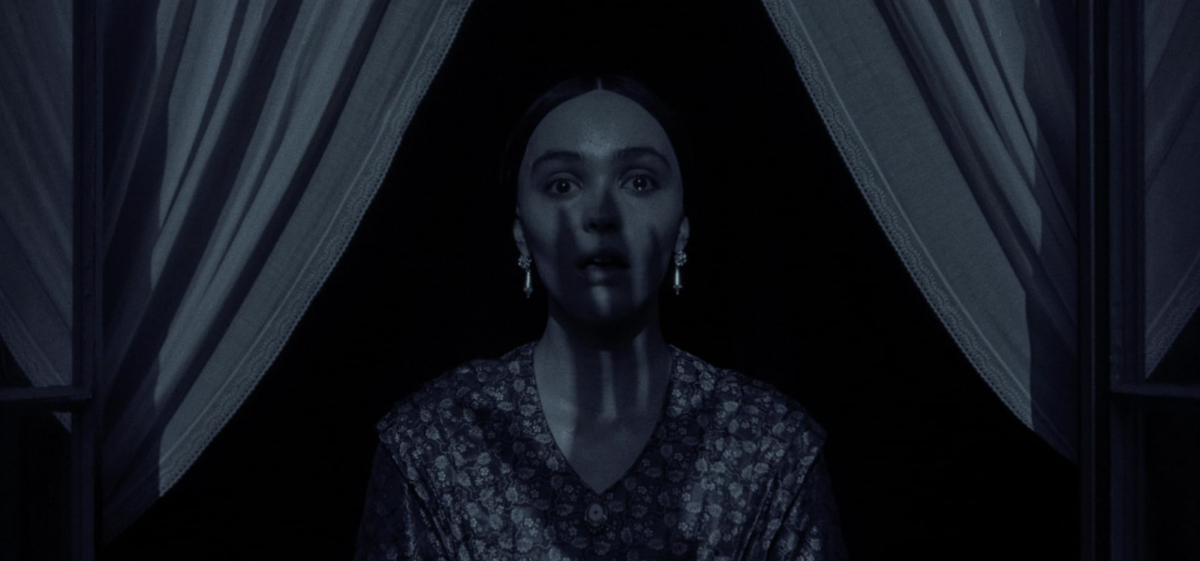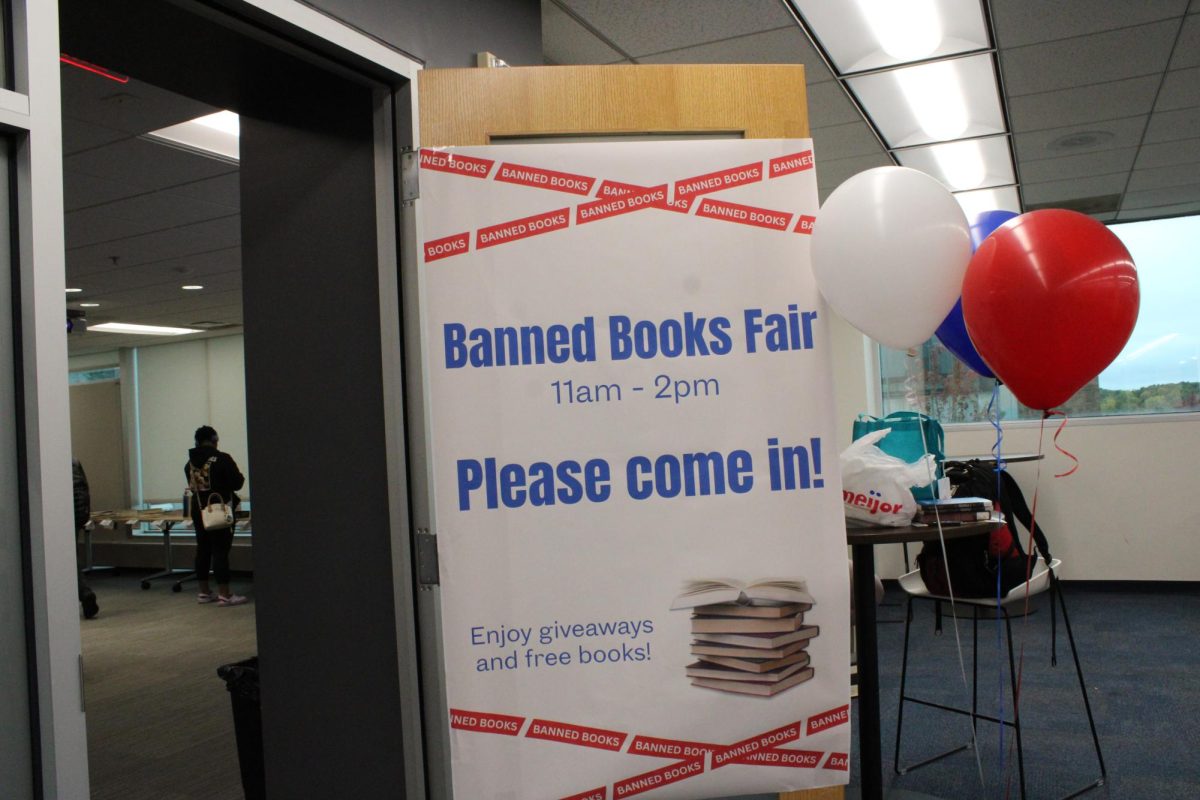
At the October 16 meeting of the Oakland University Senate, Dr. William Sturner, representing the University Steering Committee, presented a recommendation that Oakland undergo its final separation from Michigan State University by January 2, 1970 by requesting the creation of a board of trustees independent of MSU.
The recommendation met unanimous approval of the senate, and was read twice during the proceedings –– a formal sign of approval that is usually omitted in normal senate business.
The resolution was immediately presented to the board of trustees that now governs both this university and MSU. Oakland now awaits the decision of that board. Sturner outlined for Focus, the reasons for the proposed resolution.
The recommendation quite clearly states that OU is in no way dissatisfied with the guidance of the present board of trustees. However, a number of facts indicate that the separation would be beneficial to both Michigan State and Oakland.
The task of the new president of MSU will be tremendous in itself, without the added burden of OU’s six thousand students. The rapid growth of both universities, although not presently a major problem for administrators, will undoubtedly soon result in difficulties. It is far better to prevent the inception of such a problem than to alleviate it when it becomes apparent.
Oakland has grown quite a bit in ten years’ time. This university’s administrators feel that we are ready to take our place alongside the independent self-governing institutions of Michigan.
Why was the resolution proposed now? The situation outlined above is just now reaching a crucial point in the development of both universities. The separation, Sturner added, would actually cause little change in the present management of Oakland, in respect to either the student as an individual or the university as a whole. This is because OU has always had a good deal of self-government.
Sturner is optimistic that the resolution will be adopted soon by the board of trustees. Already a five-member committee, consisting of three board members, Mr. Lee Carr, the university lawyer, and Oakland’s Chancellor Varner, has been established to investigate the situation.
This committee must report its finding to the board no earlier than thirty days and no later than sixty days from now.
If the resolution is approved, the recommendation must then be endorsed by the state legislature. Already Donald Bishop, republican representative to the state legislature from Rochester, has thrown his full support behind the resolution.
Should it be given the OK by the state legislature, the governor would appoint a new board of trustees for Oakland. It is stated in the resolution approved by the OU senate that it is hoped that the new system will be in effect no later than by January 1, 1971.
This date is mentioned because of the election for governor to take place in November, 1970. The originators of the resolution wish to show no preferences politically, as party control of the governorship may change with that election.
When might the proposal actually go into effect? Mr. Sturner indicates that there are too many factors in – volved for a reasonable answer to that question. Hopefully, as the resolution states, it will go into effect “not later than January 1, 1971.”
It is expected that the resolution will be considered at the December meeting of the present board of trustees.












